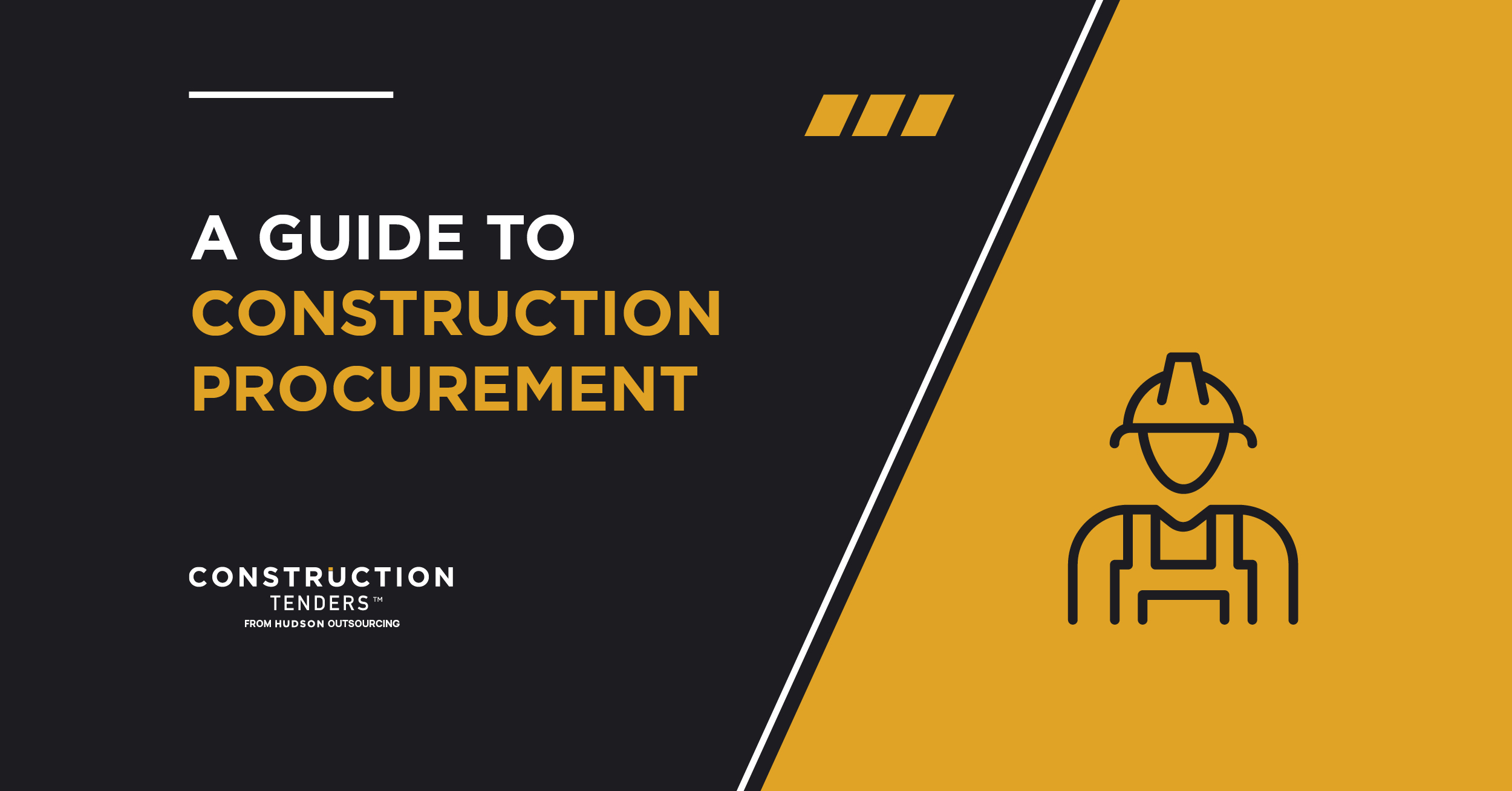Winning construction contracts requires more than just industry expertise—it demands a strategic approach to bid writing and tender management. Two key stages in the construction bidding process are the Pre-Qualification Questionnaire (PQQ) and the Invitation to Tender (ITT). Understanding these stages is crucial for improving your bid success rate and streamlining your approach to securing lucrative contracts. In this guide, we’ll break down what PQQs and ITTs are, why they matter, and how a structured bid tracking system can enhance your tendering process.
What is a Pre-Qualification Questionnaire (PQQ)?
A Pre-Qualification Questionnaire (PQQ) is the first stage of many construction tenders. It acts as a screening process that helps buyers assess whether a contractor or supplier is suitable for the project. Typically, PQQs evaluate factors such as:
- Company experience and track record
- Financial stability and turnover
- Health & safety policies
- Certifications and accreditations (e.g., CHAS, Constructionline, ISO standards)
- Insurance coverage
- Technical capabilities
- Case studies and references
Successfully passing the PQQ stage allows businesses to progress to the next stage of bidding—responding to the ITT. Companies that fail at this stage may miss out on valuable contract opportunities.
What is an Invitation to Tender (ITT)?
Once a business passes the PQQ, they receive an Invitation to Tender (ITT). This document provides detailed project specifications and requirements, inviting the contractor to submit a competitive bid. An ITT typically includes:
- Scope of work
- Project timelines
- Technical requirements
- Pricing and cost breakdowns
- Compliance and quality assurance expectations
- Submission deadlines
To win an ITT, construction firms must craft compelling proposals that align with the client’s requirements while demonstrating expertise, value, and efficiency.
The Importance of a Construction Bid Tracking System
Keeping track of multiple tenders, deadlines, and submission requirements can be overwhelming, especially for construction firms bidding on multiple projects simultaneously. This is where a construction bid tracking system becomes invaluable.
How Construction Bid Tracking Helps Your Firm:
1.Organized Tender Management
- A bid tracking system ensures that all tender opportunities, PQQs, and ITTs are recorded and categorized in one place.
- It helps businesses avoid missed deadlines and incomplete submissions.
2.Improved Success Rate
- By analyzing previous bid outcomes, firms can refine their strategy and focus on tenders they are most likely to win.
- Tracking allows for data-driven decision-making, ensuring resources are allocated effectively.
3. Streamlined Compliance and Documentation
- With a centralized system, firms can store and quickly retrieve essential documents such as certifications, policies, and case studies required for PQQs and ITTs.
- It reduces repetitive work when responding to similar tenders.
4.Better Resource Allocation
- Knowing which bids are in progress helps firms plan workload distribution effectively, ensuring that bid writing does not interfere with ongoing projects.
5.Competitive Edge
- By monitoring competitor activities and market trends, construction firms can tailor their bids more effectively and stand out in a crowded marketplace.
How to Enhance Your PQQ and ITT Responses
1. Prepare in Advance
Don’t wait until you find the perfect tender to start gathering necessary documents. Maintain a bid-ready file that includes key information such as:
- Company history and expertise
- Financial records
- Health & safety policies
- Insurance details
- Team CVs and case studies
2. Demonstrate Compliance & Quality
Most PQQs and ITTs emphasize compliance. Ensure you have updated certifications and demonstrate a commitment to quality and safety standards.
3. Craft a Persuasive Bid
Each ITT requires a tailored response. Focus on:
- Understanding the client’s needs
- Showcasing past project successes
- Offering a competitive yet realistic price
- Demonstrating efficiency and innovation
4. Use Bid Tracking for Performance Analysis
A construction bid tracking system helps firms evaluate why they win or lose bids. This insight allows for continuous improvement and smarter bidding decisions.
Final Thoughts
Navigating PQQs and ITTs can be challenging, but with the right approach and a construction bid tracking system, firms can improve their efficiency, increase win rates, and secure more contracts. Staying organized and strategic in tendering is key to long-term success in the construction industry.
